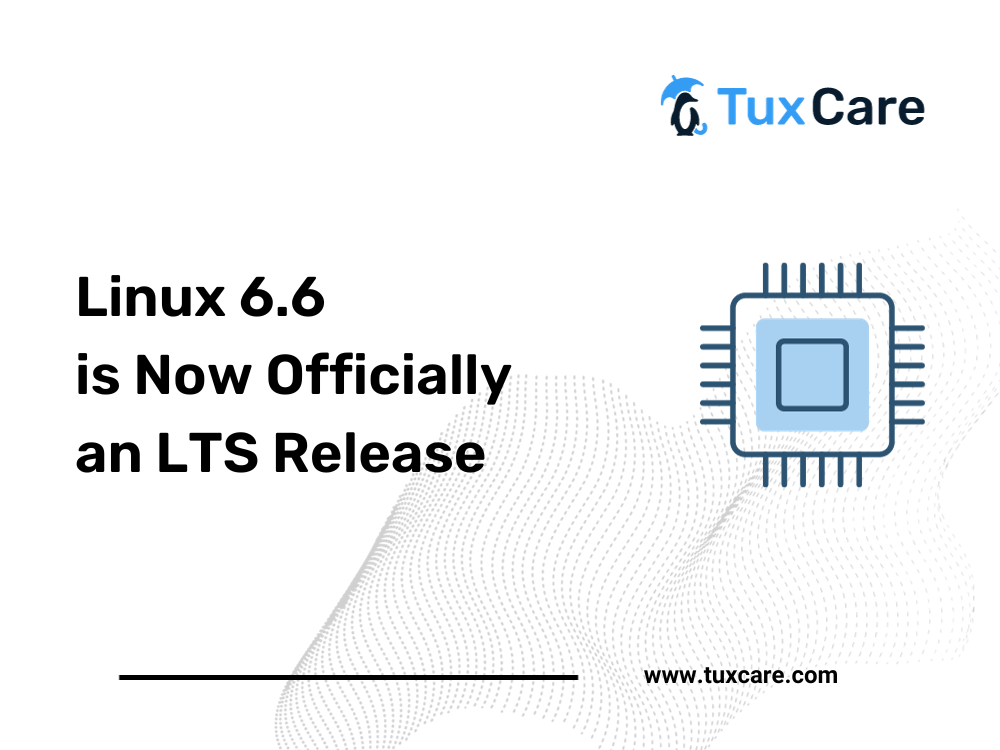Linux 6.6 is Now Officially an LTS Release
The latest Linux kernel 6.6, released in late October 2023, has taken an unexpected turn by being officially a Long Term Support (LTS) on kernel.org. That means Linux users will get a stable and supported experience for at least three years!
It arrived with a host of features, including Intel Shadow Stack support, a spanking new task scheduler called EEVDF, enhanced compatibility for Lenovo IdeaPad, HP, and ASUS devices, USB MIDI 2 gadget support, and a plethora of updated drivers to ensure smoother hardware interactions. It has already found its way into the repositories of popular GNU/Linux distributions like Arch Linux, openSUSE Tumbleweed, Fedora Linux, and even Ubuntu.
Linux Kernel 6.6 as an LTS
Now, let’s talk about LTS support. The Linux kernel maintainers have decided to provide us with an extended support period for Linux 6.6 until December 2026. This move raised some eyebrows since the tradition dictated that the last kernel of the year would be LTS, and Linux 6.7 was initially in line for this honor. Linux 6.7 is expected to arrive on December 31.
There have been murmurings in the Linux community about a potential reduction in LTS support from six years down to two. Reports also hinted at Linux 4.14 not getting a replacement when it hits the end of life in January 2024. But hold onto your hats—something stirred at the Linux kernel headquarters, and now the 6.6 kernel joins the LTS elite alongside versions 6.1, 5.15, 5.10, 5.4, 4.19, and 4.14.
Some users thrive on the bleeding edge and might not be jumping for joy over LTS kernels. However, if you’re building or using a distribution that craves stability and reliability, mark your calendars: 6.6 is your go-to LTS kernel, standing tall with support for the next three years.
To patch the Linux kernel vulnerabilities and ensure its security, implement a live patching solution with KernelCare Enterprise. KernelCare automatically applies all security updates to the Linux kernel without having to require a reboot or patching-related downtimes.
Speak to a TuxCare Linux security expert to learn how KernelCare Enterprise helps manage vulnerabilities.
The sources for this article include a story from 9to5Linux.



 Documentation
Documentation Login
Login




